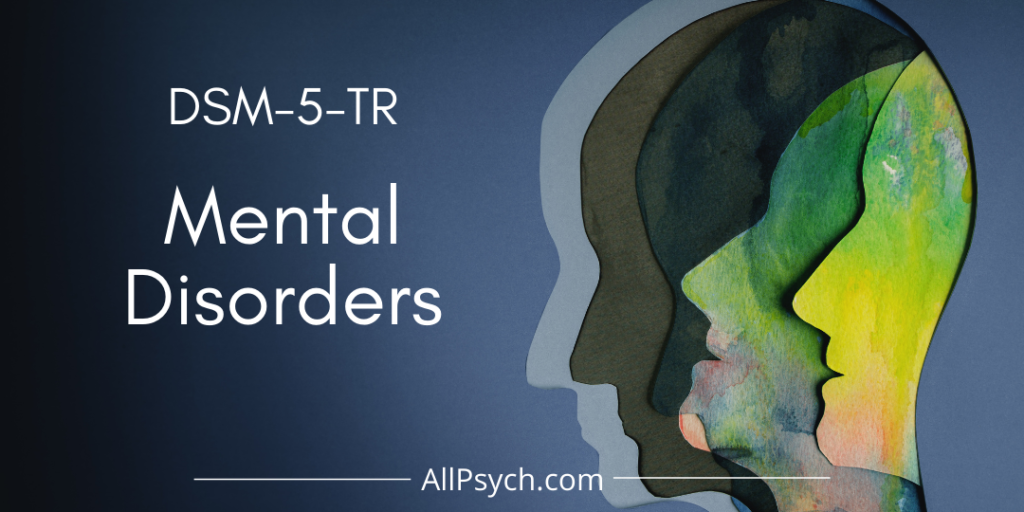
Narcissistic Personality Disorder
Narcissism gets its name from Greek Mythology and the story of Narcissus. According to the myth, Narcissus was a handsome and prideful young man. One day as he lay next to a pond he reached toward the water and saw his reflection. He became enamored by his image and struggled to turn away. As he stared at his reflection, he rejected the advances of others, preferring his own image. The myth ends with Narcissus wasting away until he died, still staring at himself. In his place, a flower grew bearing his name that will forever bend downward toward its own reflection (Cartwright, 2017).
Narcissistic Personality Disorder (NPD) is one of four disorders included in Cluster B, along with Antisocial Personality Disorder, Borderline Personality Disorder, and Histrionic Personality Disorder. They are clustered together because of some common features, including difficulty regulating emotions and dramatic or erratic behavior.
DSM-5-TR Criteria
Diagnostic Code: F60.81
NPD goes well beyond the normal range of self-esteem and like all disorders, the symptoms must be severe and persistent enough to cause impairment in functioning.
Diagnostic criteria includes a pervasive pattern of real or imagined grandiosity that includes a need for admiration and a lack of or decreased capacity for empathy in five or more of the following nine areas:
-
Grandiose sense of self-importance. This can look like an exaggerated sense of self-importance or value compared to others. They may overestimate their abilities and accomplishments.
-
Preoccupation with fantasies of unlimited success in one or more areas. This may include rumination about the lack of recognition from others and comparisons with famous or important people.
-
Belief that one is special and can only be understood by others who are also special. Terms such as 'unique' or 'gifted' are used to describe the self. As a unique individual, those with NPD may seek out others who share the status like the director of medicine rather than merely a staff physician or the first named partner of a law firm.
-
Requires excessive admiration. With the need for admiration comes fragility and those with NPD are often excessively fragile and are overly responsive to criticism and self-doubt.
-
Possesses a sense of entitlement. They may expect to be catered to more than they are and may act puzzled when others do not do things for them.
-
Is interpersonally exploitative. Those with NPD tend to form relationships based on how it will benefit them. They are attracted to others who boost their self-esteem and may purposefully take advantage of others for their own gains.
-
Lacks empathy for others. While they may have cognitive empathy (an understanding of empathy at an intellectual level), they do not identify with the subjective experiences or emotions of others.
-
Is often envious of others and believes others are envious of them. They may devalue the successes of others and overvalue their own.
-
Shows arrogance and haughty behaviors or attitudes. Those with NPD may come across as snobbish, disdainful, or patronizing.
Prevalence, Comorbidity, and Other Information
NPD is not common but occurs in less than 2% of the population and can be worsened or improved through life experiences. Between 50% and 75% are men, who tend to react more strongly than women, who tend to withdraw. Co-occurring disorders and symptoms can include substance-related disorders (especially cocaine use), mania, and depression.
Read More about Narcissism and NPD

Read More

Read More

Read More

Read More

Read More
References
American Psychiatric Association (2022). Diagnostic and statistical manual of mental disorders, 5th Edition, Text-revision. https://doi.org/10.1176/appi.books.9780890425787
Cartwright, M. (2017). Narcissus. World History Encyclopedia. Retrieved from https://www.worldhistory.org/Narcissus/.